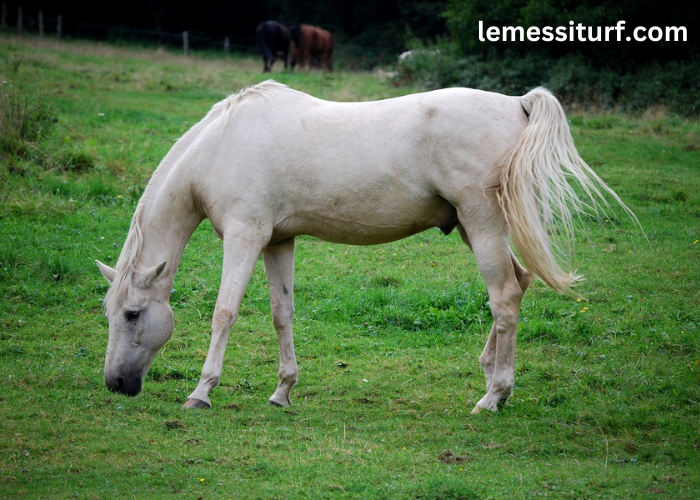Horses have been an integral part of human history for millennia, embodying strength, grace, and loyalty. These majestic creatures have played diverse roles across cultures and continents, influencing transportation, agriculture, warfare, and leisure. Understanding the history and significance of horses offers a profound appreciation for their contributions to human civilization. Explore the world of CasaCourse, your ultimate destination for online courses in various subjects. Enroll now and enhance your knowledge!
Historical Significance
The domestication of horses, believed to have occurred around 4000 BCE in the steppes of Central Asia, revolutionized human society. Early nomadic tribes utilized horses for transportation, dramatically increasing their mobility and ability to trade and communicate over vast distances. This marked the beginning of a symbiotic relationship that would shape human progress.
Horses were central to ancient civilizations such as the Egyptians, Greeks, and Romans. In Egypt, chariots pulled by horses were a symbol of power and prestige. The Greeks celebrated horses in their mythology and Olympic Games, while the Romans perfected cavalry tactics, using mounted soldiers to expand their empire. The horse’s versatility made it indispensable, serving as a warrior’s steed, a farmer’s helper, and a trader’s best means of transportation.
Cultural Impact
Horses have left an indelible mark on cultures worldwide. In Native American societies, horses transformed the way of life, especially for tribes like the Comanche and the Sioux, who became formidable mounted warriors and hunters. The Spanish Conquistadors’ introduction of horses to the Americas in the 16th century significantly altered the continent’s socio-political landscape.
In Europe, the Middle Ages saw the rise of the knight, whose image is inseparable from his warhorse. The jousting tournaments and cavalry charges of this era highlight the horse’s role in shaping medieval culture and warfare. Similarly, in Asia, the Mongol Empire’s expansion under Genghis Khan was largely due to the superior mobility and endurance of Mongol horses.
The Horse in Modern Times
The advent of the Industrial Revolution saw a decline in the practical use of horses for transportation and labor, as machines began to take over their roles. However, horses remained significant in other areas. The 19th and early 20th centuries saw the rise of horse racing as a popular sport, with events like the Kentucky Derby becoming cultural icons.
Today, horses are cherished for recreational and therapeutic purposes. Equestrian sports such as dressage, show jumping, and eventing attract enthusiasts worldwide. Additionally, equine-assisted therapy has gained recognition for its benefits in treating physical, emotional, and mental health issues, showcasing the enduring bond between humans and horses.
The Symbolism of Horses
Horses symbolize freedom, power, and grace across various cultures and artistic expressions. Literature, art, and film have immortalized horses, from the wild mustangs of the American West to the noble steeds of fantasy realms. This symbolism continues to captivate the human imagination, reflecting our deep admiration and respect for these animals.
Conclusion
The history and significance of horses underscore their vital role in shaping human civilization. From ancient battlefields to modern therapy centers, horses have been steadfast companions, embodying a unique blend of strength and gentleness. As we continue to honor and appreciate these majestic creatures, we ensure that their legacy endures for future generations, reminding us of the profound bond we share with our equine companions.
